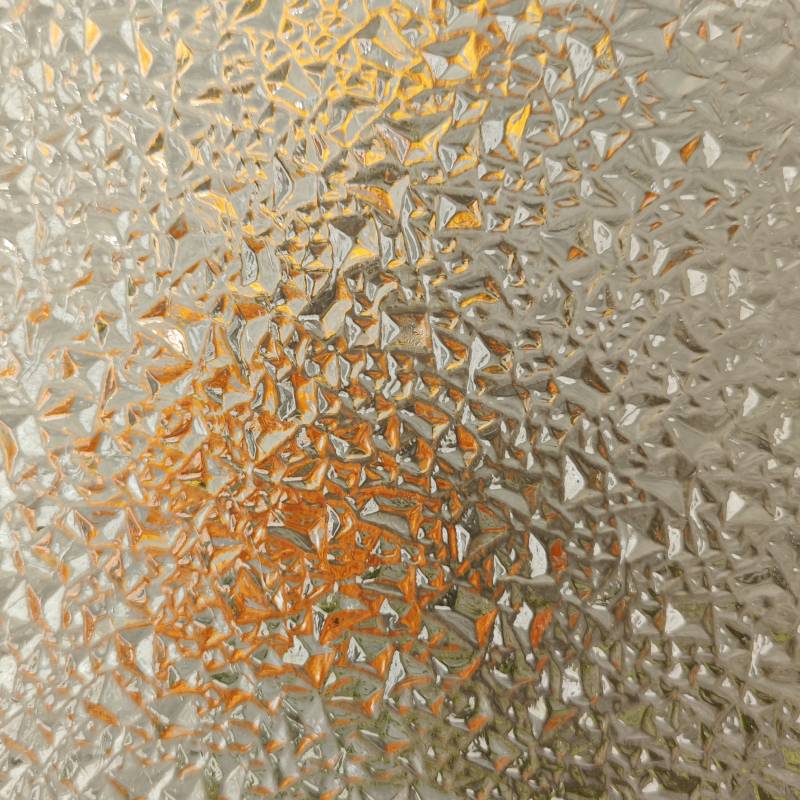

The Versatility and Applications of 12mm Float Glass
Float glass has become a staple in various industries, valued for its clarity and uniform thickness. Among various thicknesses, 12mm float glass distinguishes itself with unique features and advantages that make it a preferred choice for numerous applications, ranging from architecture to automotive design.
What is Float Glass?
Float glass is produced through a process where molten glass is floated on top of molten tin. This method allows for a smooth, flat surface and exceptional optical clarity, making it ideal for a wide range of uses. The thickness of float glass can vary, and 12mm thickness is particularly noted for its strength and durability.
Strength and Stability
One of the key benefits of 12mm float glass is its enhanced stability compared to thinner alternatives. The additional thickness provides greater structural integrity, making it suitable for applications where safety and durability are paramount. This makes it an excellent choice for large window installations in commercial buildings, skylights, and glass façades, where both aesthetics and performance are critical.
Thermal Properties
In terms of thermal performance, 12mm float glass can significantly reduce heat transfer, helping with energy efficiency
. Its thickness provides better insulation compared to thinner glass, making it ideal for energy-efficient construction. With the growing emphasis on sustainability, using 12mm float glass in buildings can contribute to lower energy consumption and reduced carbon footprints.
Aesthetic Appeal
Aesthetically, 12mm float glass offers a modern, sleek look that enhances any design. It can be used in various applications, such as balustrades, partitions, and tabletops, providing a sophisticated touch to residential and commercial spaces alike. The clarity and transparency of the glass ensure that natural light can permeate spaces, creating a brighter and more inviting environment.
Safety and Security
In contexts where safety is a concern, such as in public buildings or high-rise structures, 12mm float glass can be treated to improve its resilience against impacts. Tempered or laminated versions of this thickness can offer additional protection against breakage, making it suitable for use in environments where security is a priority.
Applications in Automotive Design
Beyond architecture, 12mm float glass is increasingly utilized in the automotive industry, where it can be used in windshields and rear windows. Its durability helps withstand the rigors of road travel, ensuring safety and visibility for drivers and passengers.
Conclusion
In conclusion, 12mm float glass stands out due to its combination of strength, thermal efficiency, and aesthetic appeal. Its diverse applications across different sectors highlight its importance in modern construction and design. As the demand for aesthetically pleasing yet functional materials continues to grow, 12mm float glass will undoubtedly remain a crucial component in various industries, contributing to innovative and sustainable building solutions. Whether you are designing a new home, a commercial space, or even an automotive application, 12mm float glass is a reliable choice that meets both aesthetic and functional needs.